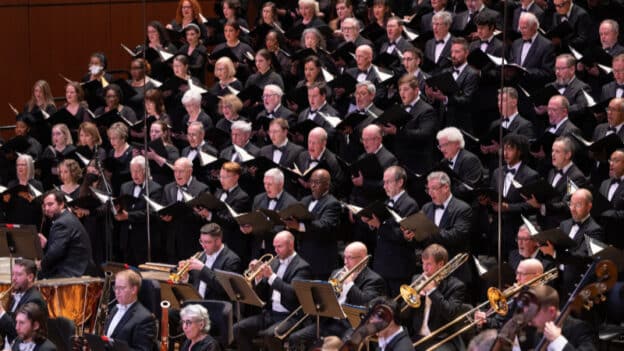So how many is too many?
mainIn the January 2011 issue of The Strad I discuss drink and drug use among string players, especially in symphony orchestras. It’s a problem that no-one wants to address in public and the more it is swept under the carpet the worse it gets. Here’s a taster:
Between us, we know what’s what. We have colleagues who hit
the bar before, during and after a concert, others whose nerves are so shot
their bathroom cabinet looks like a medieval apothecary’s and their nostrils
are in need of relining. The intonation goes and the family disintegrates. We stand
by as children suffer. And we say nothing. We deny that drink and drugs are
every bit as prevalent in classical music as they are in recovering members of
the Rolling Stones. We live a flagrant lie.
Why is that? Why does our particular form of music maintain
a pretence of Victorian rectitude under Sicilian vows of omerta while others
let it all hang out. Why does classical music gasp in shock-horror when there’s
a drugs bust in Nigel Kennedy‘s Bavarian hotel room and a few innocent players
are disturbed at their alleged spliffs.
Face the facts. American orchestras had their fastest growth
spurt during Prohibition because they were the best place to get a drink. The
Berlin Philharmonic served beer during concerts when they started out. Music is
culturally inseparable from light refreshment. We play, we listen, we drink,
sometimes to excess. No big deal.
I maintain we need more openness. Your views, please?






Maybe if the society of mankind wasn’t so awful, more people would be sober. Artistically sensitive people are perhaps more deeply affected than most by the batterings of life, so the intoxicants help fuzz up reality. It’s a pity, but almost everywhere the most precious manifestations of the life of the mind are shunted off into “the unneccessary”, not to say the undesirable, while the majority focus on profit, slaughter, and a global game of Beggar Your Neighbor. I say all this being myself a non smoker, non drinker, non drug user…and having been diagnosed as so depressed that the psychologist I consulted with doesn’t understand how I function. Make the world more welcoming to those who give more to it than they’ll ever get, and perhaps they’ll sober up.
Like our good friend Mr. Snyder, I don’t drink, smoke or do drugs. However, I’ve seen my share of fellow music and radio people who have had substance abuse problems, including a first-rate conductor with a terrible alcohol problem who wound up in the Betty Ford Center and who died of AIDS before he reached 50. Even when I was a music student in high school and college, I knew a number of people with substance abuse problems, both students and teachers. Of course, most of it was quietly swept under the rug. I grew up around alcoholism and drug abuse, too, and what I saw around family and young colleagues scared me into sobriety. Thank you, Norman, for mentioning “the elephant on the table” that nobody wants to admit is there. One way to “make the world more welcoming” for performers who need help is to acknowledge that there is a problem, and to provide the support needed for those musicians who want to become clean and sober. We in classical music are no different from the rest of the world when it comes to substance problems, and it’s time we admitted it. As an ACOA, I can tell you that these people and their families need support, but things must start with getting rid of the denial. If the National Football League and Major League Baseball in the States can do it, then we can, and must, do something for our musicians, too. Image be damned; these human beings and their families should not have to suffer in shame and silence anymore.
You’re right, Norman. Substance abuse is just a much of an issue in orchestras as it is in any other workplace. Indeed, it’s also just as much of an issue in conservatories as it is in any college or university setting. Rather that quietly eject students with problems or cover up their issues, how about addressing them openly and honestly? The same goes for mental illnesses. Let’s address the reality of that issue as well.
Acknowledging the pressure and isolation of a conservatory setting (and an orchestra career) and providing students with tools for coping may prevent some substance abuse issues or may encourage those in need to seek treatment. Musicians can be very disciplined and focused and so many people are enamored of their talents. But musicians are people and people sometimes need help.